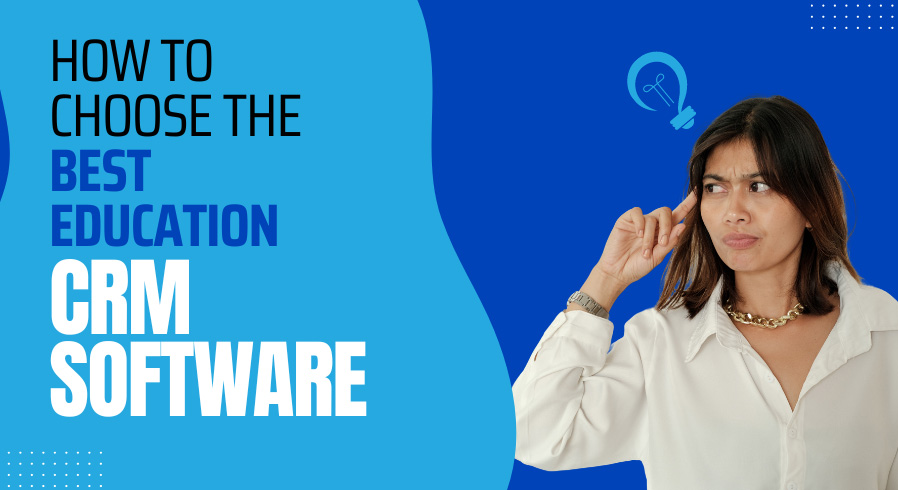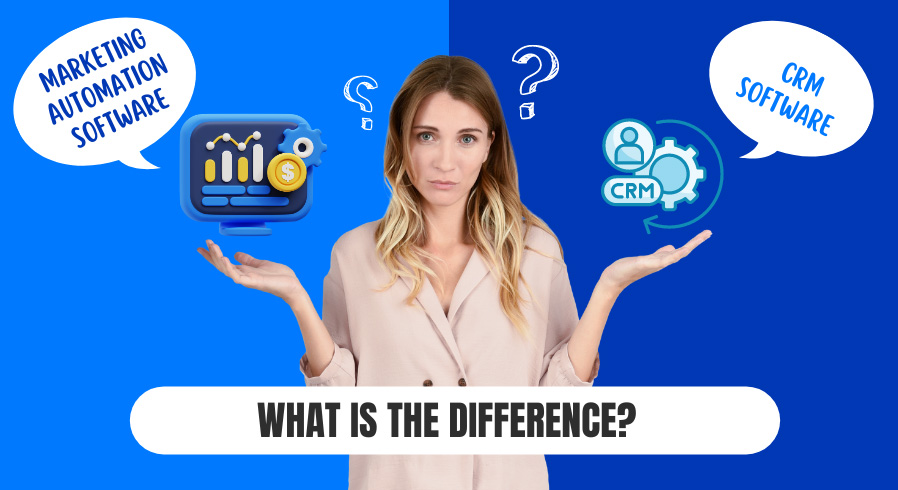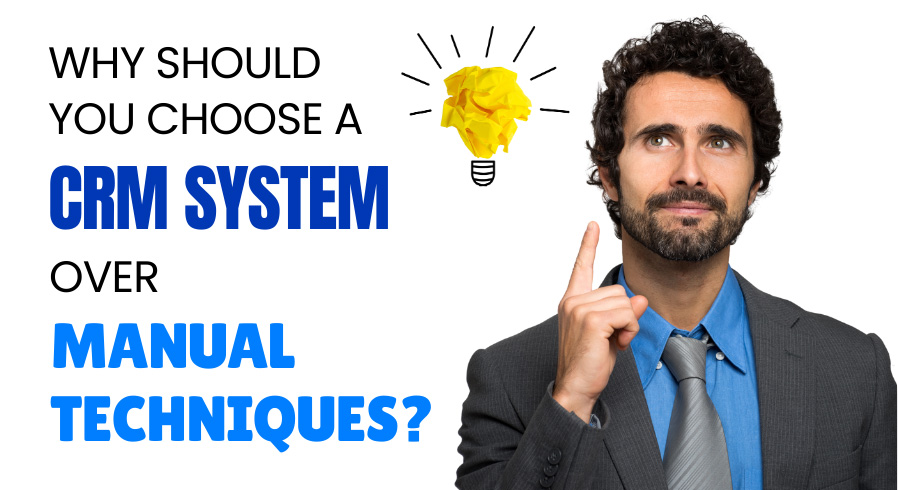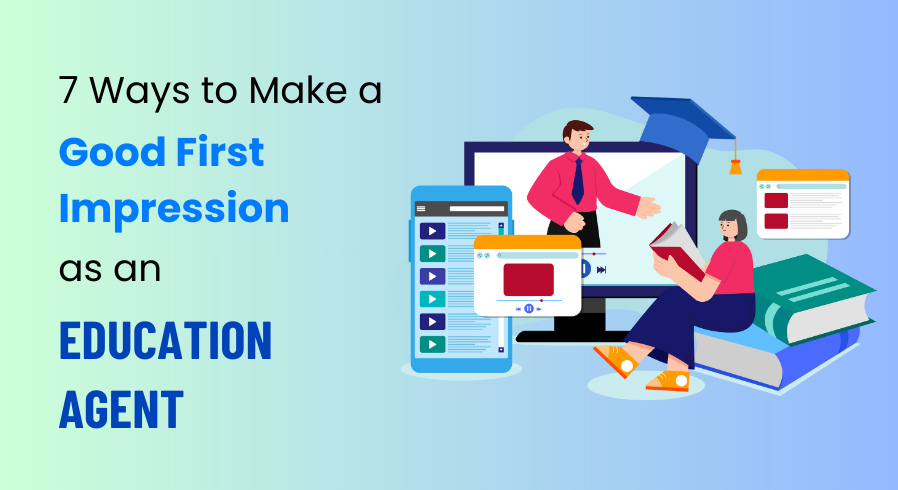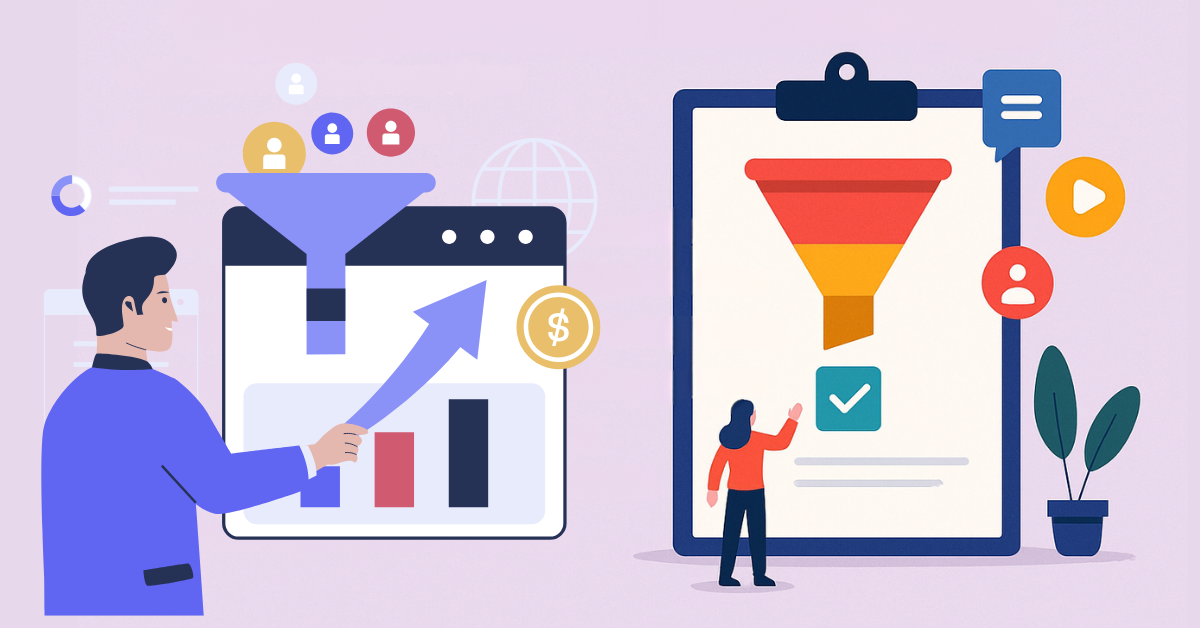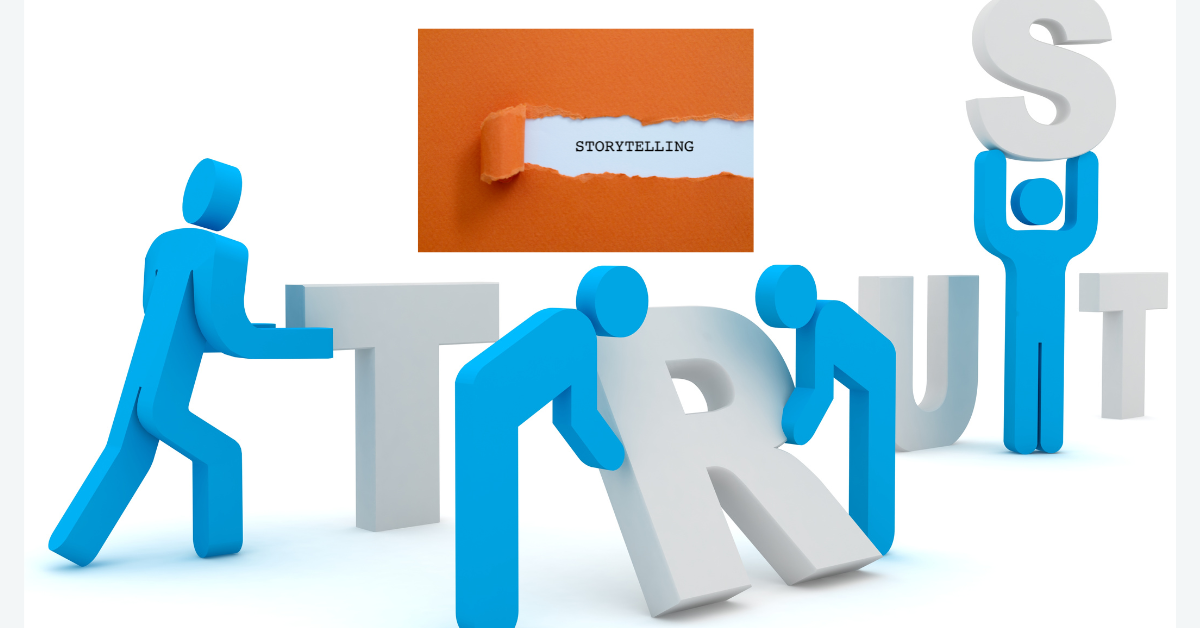Table of Contents

In the past couple of years, online education has gained popularity. New courses, platforms, and programs are launched every month. The learning industry is worth billions today. But with expansion come significant challenges: handling students' relations, engaging learners, and scaling operations can be fast becoming major challenges. That's where EdTech CRMs come in – the smart way to handle all interactions, data, and growth in the most reliable and efficient manner.
What Is an EdTech CRM?
An EdTech is a customer relationship management platform; this is especially true for an educational institution. Unlike standard CRMs, these are directed towards a school, online courses, and training providers. Maintaining the profiles of students, tracking their interactions, and supporting their development over a given period would benefit your organisation. Such institutions will provide modules with comprehensive portability for personalized learning journeys, enrolment, and retention.
Key Features of EdTech CRMs
- Manage and Segment Student Data: Gather comprehensive information regarding learners and classify them based on interests, progress, preferences, etc., in a group format for targeted outreach.
- Automated Message Sending to Learner Personal Outreach: Automatic forwarding of emails, reminders, or updates according to learner activities. Personalization will make them feel more connected.
- Integration with the Learning Management Systems: Establish a connectivity interface with the existing tools used for delivering courses, tracking progress, and managing content.
Why Standard CRMs Fall Short
General CRM solutions were never made for education. They lack features such as tracking student learning progress or education-specific campaign creation. They also do not have tools to engage students or learners, hindering the marketing and support efforts.
The Role of CRM In Edtech
EdTech has become truly customer-centric through advanced technologies and indispensable Customer Relationship Management (CRM) systems. They are needed to ease the life of the targeted audience-from students and parents to educators and any stakeholders. The set of tools includes everything from communication to data visuals, and from customer support to more.
The EdTech industry's CRMs allow configuring the monitoring of student progress, personalization of education experiences, and increasing user retention rates. Cloud storage additionally backs CRMs, helping automate administrative procedures while providing insights into user behavior, allowing EdTech providers to make the overall educational experience more effective while extending operations without the redundant costs incurred.
Common Challenges Addressed by Edtech CRMs
Competition in the market increases as the market keeps changing continuously making it challenging for the education sector. With the help of Edtech CRMs, many of these challenges can be overcome by their extremely powerful features like data analytics and automation.
Dealing with a Lot of Questions
Handling multiple enquiries during peak seasons can be overwhelming, but the best solution is using an Edtech CRM, which centralises and automates all communications. An ideal Edtech CRM will, amongst other things:
- Track enquiries on multiple channels.
- Automate the response and follow-ups, thereby bringing down the load on staff.
- Prioritise leads according to their interests and likelihood of enrolment.
Inconsistent Follow-Ups
Potential students lose interest from inconsistent follow-up. CRM accounts of counselors maintain the following phase of student engagement:
- Automated follow-ups of interested students.
- Counsellors should set reminders for networking at major points.
- Track and maintain the history of communications to keep contact personalized.
High Dropout Rates
High dropout rates have always bothered most Edtech providers. The Edtech CRM monitors the student engagement and triggers interventions to prevent dropout.
- Tracking engagement in real time to identify disengaged students.
- Alerts for counselors to provide personalized support.
- Automated check-ins to motivate and direct students.
AI-Powered Edtech CRMs
AI-based CRM solutions are becoming an indispensable way for Edtechs to optimise their educational services. AI capabilities built into CRMs will allow Edtechs to enhance the experience of both students and counselors with a distinctive personal, data-driven interface. With AI maturing faster than anything else, CRM systems are becoming more intelligent and proactive.
An AI-powered Edtech CRM can analyse huge datasets and predict student behaviours so that institutions intervene at an early stage whenever problems arise. An AI CRM provides more cool gadgets for better decision-making and automation. Here are some ways these tools improve student experience:
Predictive Analytics
The prediction of student dropout and most sought after courses is possible through AI-enabled CRMs. This, therefore, helps the institutions act faster with regard to student retention and course implication changes.
Personalized Communication Automation
AI can automate personal messages on a grand scale. To illustrate, if a student seems interested in a certain course but has not enrolled, the CRM can send automatic personalized reminders or additional information based on their browsing history and preferences.
Advanced Chatbots and Virtual Assistants
AI-powered CRMs come with integrated virtual assistants or chatbots that respond to student enquiries around the clock. These bots resolve common queries, recommend courses, and even assist students through the enrolment process.
The Impact of EdTech CRMs on Business Growth and Scalability
Streamlining Student Acquisition and Enrollment
Any tasks that, in the old days, would take hours or even full days get automated with the EdTech CRM. This means automated marketing campaigns that nurture leads from the very first contact till the course signup. Picture onboarding that helps new students throughout every step, without any manual intervention. Major online course providers have shared such workflows resulting in increased enrollments.
Enhancing Student Retention and Engagement
A CRM, therefore, allows one to personalize contacts according to each student's data. Upon the sign of possible learner diminishment, a message or effort of support can be made. Research even shows that personalized efforts can increase retention rates up to 30%. As students feel supported and valued by you, they tend to stick around and promote your courses by word of mouth.
Supporting Data-Driven Decision Making
CRMs track student interactions with your content: the things they're interested in crossing on their syllabus, etc. This gives you insights regarding how to modify your courses and promotional strategies. It also indicates when might be a good time to suggest upsell items, such as advanced programs to interested parties, thus increasing revenue.
Improving Operational Efficiency with EdTech CRMs
Automating Routine Tasks
It automatically follows students via CRMs after a webinar or gives reminders for assignments. It means that all new students will be given the necessary information without you even lifting a finger. It saves time and decreases errors.
Centralizing Student Information
An EdTech CRM collects all student data in a central location instead of juggling spreadsheets and using multiple tools. In doing so, it reduces errors and makes data easily accessible. In addition, strong security and compliance measures protect learner data.
Facilitating Team Collaboration
Easy collaborative working with shared dashboards and role-based access across the teams. Sales, support, and marketing will view the same data-in-line. Clear communication makes the student-centric journey better.
Personalizing Learning Experiences Through EdTech CRMs
Segmentation and Targeted Marketing
Form associations based on interests, past courses, or levels of skills. Prepare personalized messages for every individual group, hence enhancing marketing relevance. For example, share beginner tips with new learners and advanced strategies with seasoned students.
Customizing Content and Communication
Based on the information from the CRM, recommend courses that fit each learner's area of interest. Inform when new content has arrived according to their objectives. A more personalized message increases student engagement.
Boosting Learner Satisfaction and Referrals
Gather feedback at regular intervals and use it constructively to improve your program services. Tie referrals to incentives for students. Students become loyal advocates if they feel their voices are heard and if they feel valued.
Selecting the Right EdTech CRM for Your Learning Business
Key Factors to Consider
- Can it connect easily with your current tools?
- How easy to use and customise is it?
- Does it fit within your budget in the present and the future?
Top EdTech CRM Solutions in the Market
Salesforce Education Cloud, HubSpot for Education, and Raisefunnel are some of the commonly used products. All are different tools designed to meet the needs of specific learning businesses. Based on your requirements, compare the value and drawbacks of such applications.
Implementation Best Practices
All of your staff members should be trained adequately to ensure that all features are being used effectively. Data migration should be done carefully so that no information is lost. Set SMART goals, to be able to measure successful implementation within the business.
Conclusion
Modern education companies can't escape without EdTech CRM. They develop sustainable growth of schools, retention of existing students, and acquisition of fresh ones. Institutions can provide personal experiences and make information-driven choices, using tools specifically designed for education. If you want to survive in this fast-evolving industry, it's time to think about CRM options-you're in-the-know already. A custom-built EdTech CRM would pave the way for growth and opportunities for your students.


